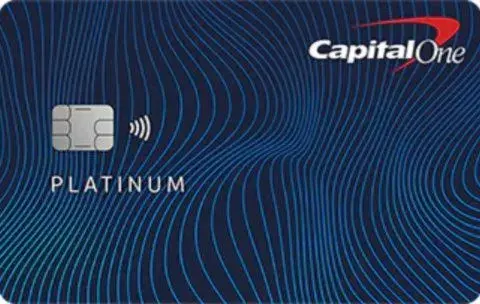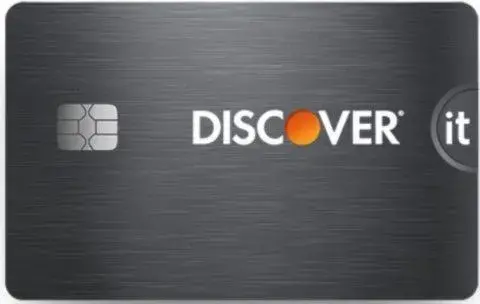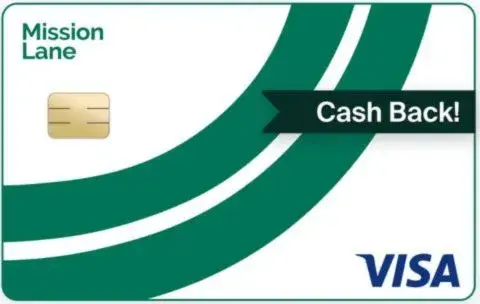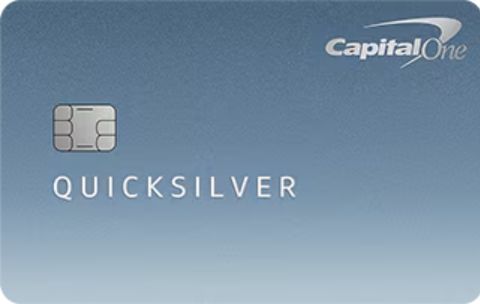Anúncios
If you have a low credit score, it can feel like the odds are stacked against you when applying for a credit card. However, there are options specifically designed to help individuals with bad credit rebuild their financial standing.
These cards provide access to credit while helping you establish responsible spending and repayment habits, which can ultimately improve your credit score.
In this guide, we’ll explore the best credit cards for bad credit, their features, and how to use them effectively to rebuild your financial health.
Table of Contents
Understanding Bad Credit
A bad credit score typically ranges from 300 to 629. It can result from missed payments, high credit utilization, bankruptcy, or even a lack of credit history. While a poor score may limit access to premium credit cards, cards designed for bad credit offer a valuable opportunity to start over.
These cards often come with stricter terms, such as higher interest rates or lower credit limits, but they are tailored to help you prove your creditworthiness to lenders.
How Credit Cards for Bad Credit Work
Credit cards for bad credit are designed to help you rebuild your credit through responsible usage. They report your payment history to major credit bureaus, which means timely payments and low balances can have a positive impact on your credit score. These cards fall into two main categories:
- Secured Credit Cards: Require a refundable security deposit, which typically serves as your credit limit. Ideal for those starting or rebuilding credit.
- Unsecured Credit Cards: Do not require a security deposit but may have higher fees or lower limits.
Top Credit Cards for Bad Credit
Capital One Platinum Credit Card

- Type: Unsecured
- Annual Fee: $0
- Features:
- Reports to all three major credit bureaus.
- Automatic credit line reviews for potential increases after six months.
- Fraud protection and virtual card numbers for safer online transactions.
- Best For: Those seeking an unsecured card with no annual fee and a chance for credit line increases.
You will be redirected to another site.
Discover it® Secured Credit Card

- Type: Secured
- Annual Fee: $0
- Features:
- Earn 2% cashback at gas stations and restaurants (up to $1,000 in combined purchases per quarter) and 1% on all other purchases.
- Cashback Match: Discover matches all the cashback you earn at the end of your first year.
- Potential to upgrade to an unsecured card with consistent on-time payments.
- Best For: Those looking for rewards while rebuilding credit with a secured card.
You will be redirected to another site.
Mission Lane Visa® Credit Card

- Type: Unsecured
- Annual Fee: Varies by applicant
- Features:
- Simple approval process for those with poor credit.
- Transparent terms with no hidden fees.
- Regular credit reporting to help build credit.
- Best For: Individuals seeking straightforward terms and accessible approval.
You will be redirected to another site.
Quicksilver Secured Cash Rewards Credit Card

- Type: Secured
- Annual Fee: $0
- Features:
- Unlimited 1.5% cashback on every purchase.
- No annual fee and no foreign transaction fees.
- Gradual credit line increases with responsible use.
- Best For: Those who want a secured card with cashback rewards and no annual fee.
You will be redirected to another site.
How to Use These Cards Effectively
To rebuild your credit and make the most of these cards, follow these strategies:
- Pay On Time, Every Time:
Payment history is the most significant factor affecting your credit score. Always pay at least the minimum due by the due date. - Keep Balances Low:
Aim to use less than 30% of your available credit limit. For example, if your credit limit is $500, try to keep your balance below $150. - Avoid Applying for Too Many Cards:
Multiple credit inquiries in a short time can lower your score. Apply only for cards you’re likely to qualify for. - Monitor Your Credit Reports:
Regularly check your credit reports for errors or inaccuracies. You can access one free report per year from each of the major bureaus through AnnualCreditReport.com. - Gradually Upgrade:
Once your credit score improves, consider transitioning to a card with better rewards and terms, such as an unsecured rewards card.
Pros and Cons of Credit Cards for Bad Credit
PROS
CONS
Conclusion
Rebuilding your credit takes time, but choosing the right credit card for bad credit can accelerate the process. Whether you opt for a secured card like the Discover it® Secured Credit Card or an unsecured option like the Capital One Platinum Credit Card, responsible usage is the key to success.
By making timely payments, keeping your balances low, and monitoring your credit progress, you’ll be well on your way to achieving a healthier financial future. Explore your options today and take the first step toward better credit!
Read more: Amex Blue Cash Preferred® Card: A Comprehensive Review
FAQ
What is a credit card for bad credit?
A credit card for bad credit is designed for individuals with poor credit scores (typically below 630) or limited credit history. These cards help rebuild credit by reporting payment activity to major credit bureaus, allowing users to demonstrate responsible financial habits.
What’s the difference between secured and unsecured credit cards?
- Secured Credit Cards: Require a refundable security deposit, which typically serves as the credit limit. These cards are easier to qualify for and are ideal for rebuilding credit.
- Unsecured Credit Cards: Do not require a security deposit but may come with higher fees, lower credit limits, or stricter approval criteria.
Can I rebuild my credit with one of these cards?
Yes. By making on-time payments and keeping your credit utilization low, you can improve your credit score over time. Most credit cards for bad credit report your payment history to major credit bureaus, which is essential for rebuilding your credit.
What fees should I watch out for with credit cards for bad credit?
Common fees include:
- Annual Fees: Some cards charge annual fees, though options like the Discover it® Secured and Capital One Platinum Credit Card have no annual fee.
- High APRs: These cards often have higher interest rates, so it’s best to pay your balance in full each month.
- Other Fees: Balance transfer fees, late payment fees, and cash advance fees may apply. Always review the card’s terms and conditions.
How long does it take to improve my credit score?
Rebuilding credit is a gradual process. With consistent on-time payments and responsible usage, you can start to see improvements within six months. Significant progress may take a year or more, depending on the severity of past credit issues.
Can I graduate to a better card in the future?
Yes. Many secured credit cards, like the Discover it® Secured Credit Card, allow users to transition to unsecured cards after demonstrating responsible use. Unsecured cards, such as the Capital One Platinum, may also offer credit line increases as your credit improves.

